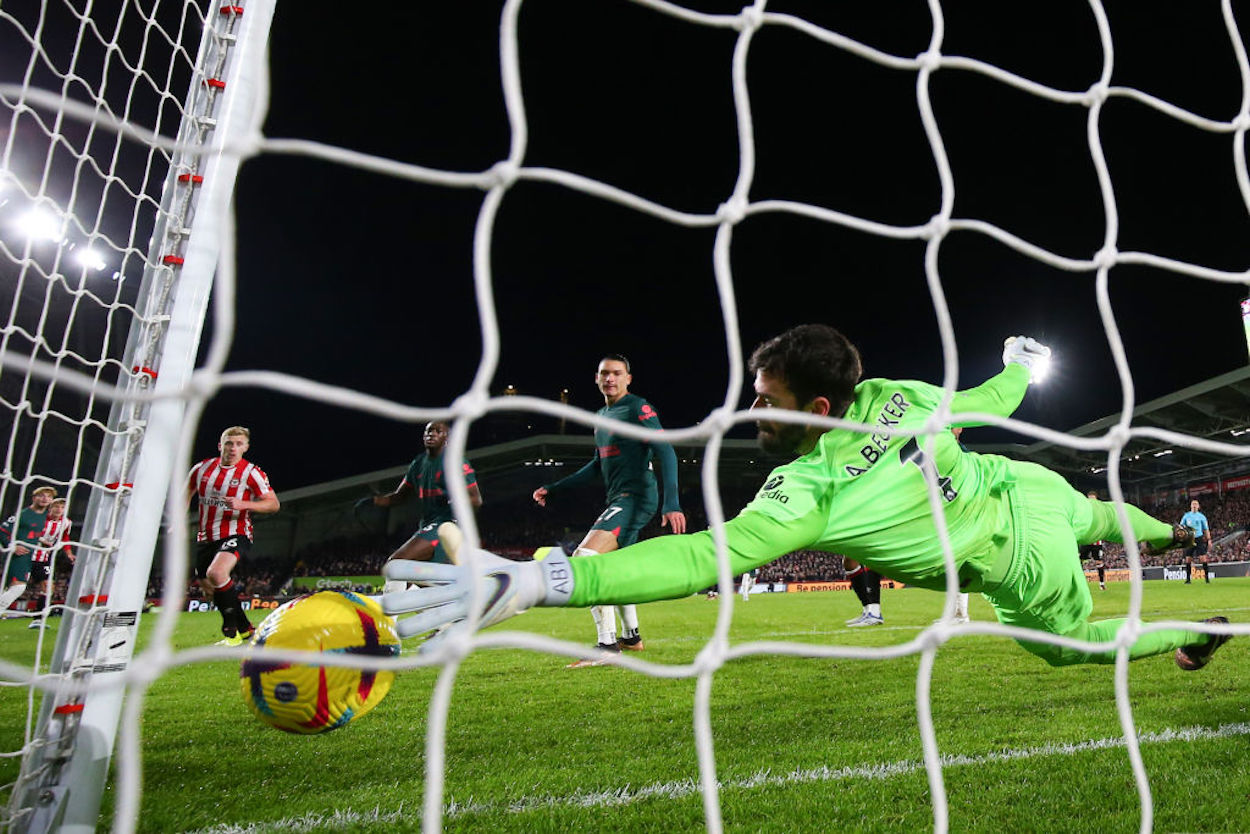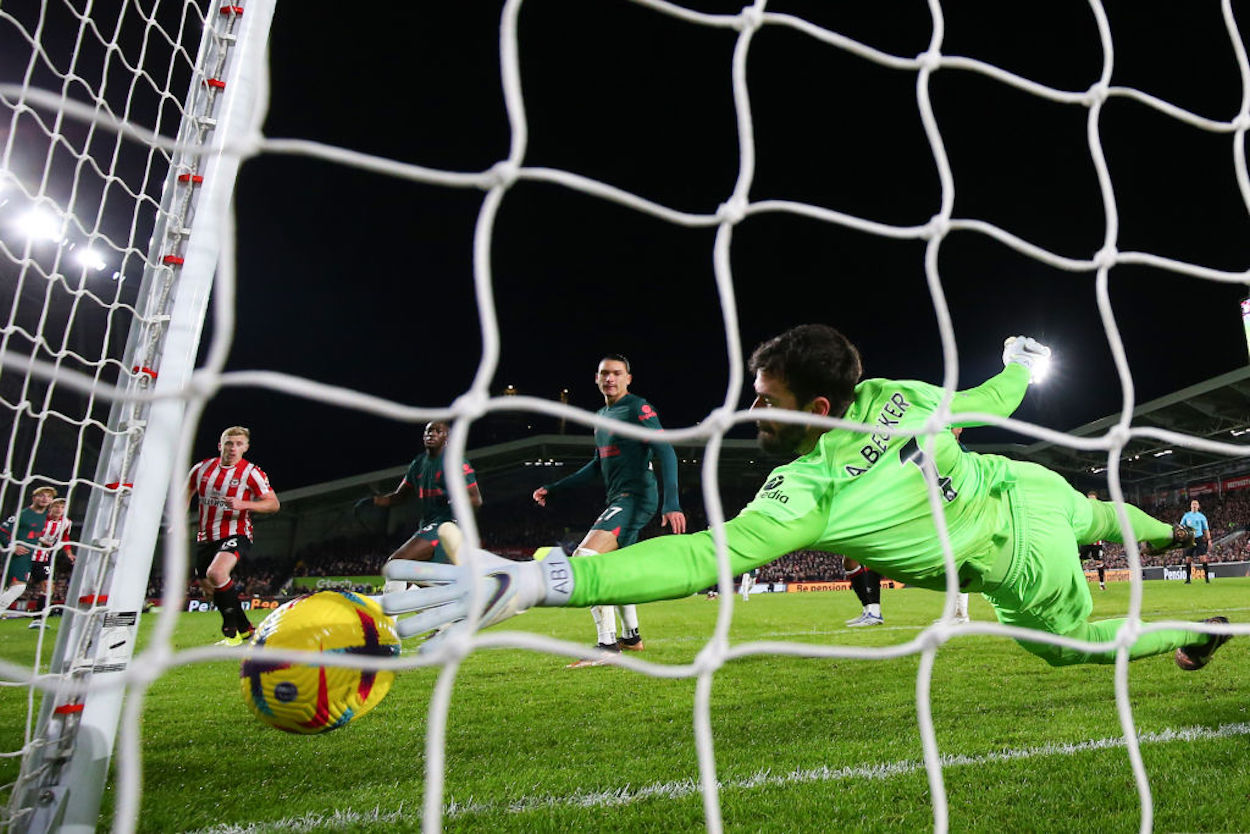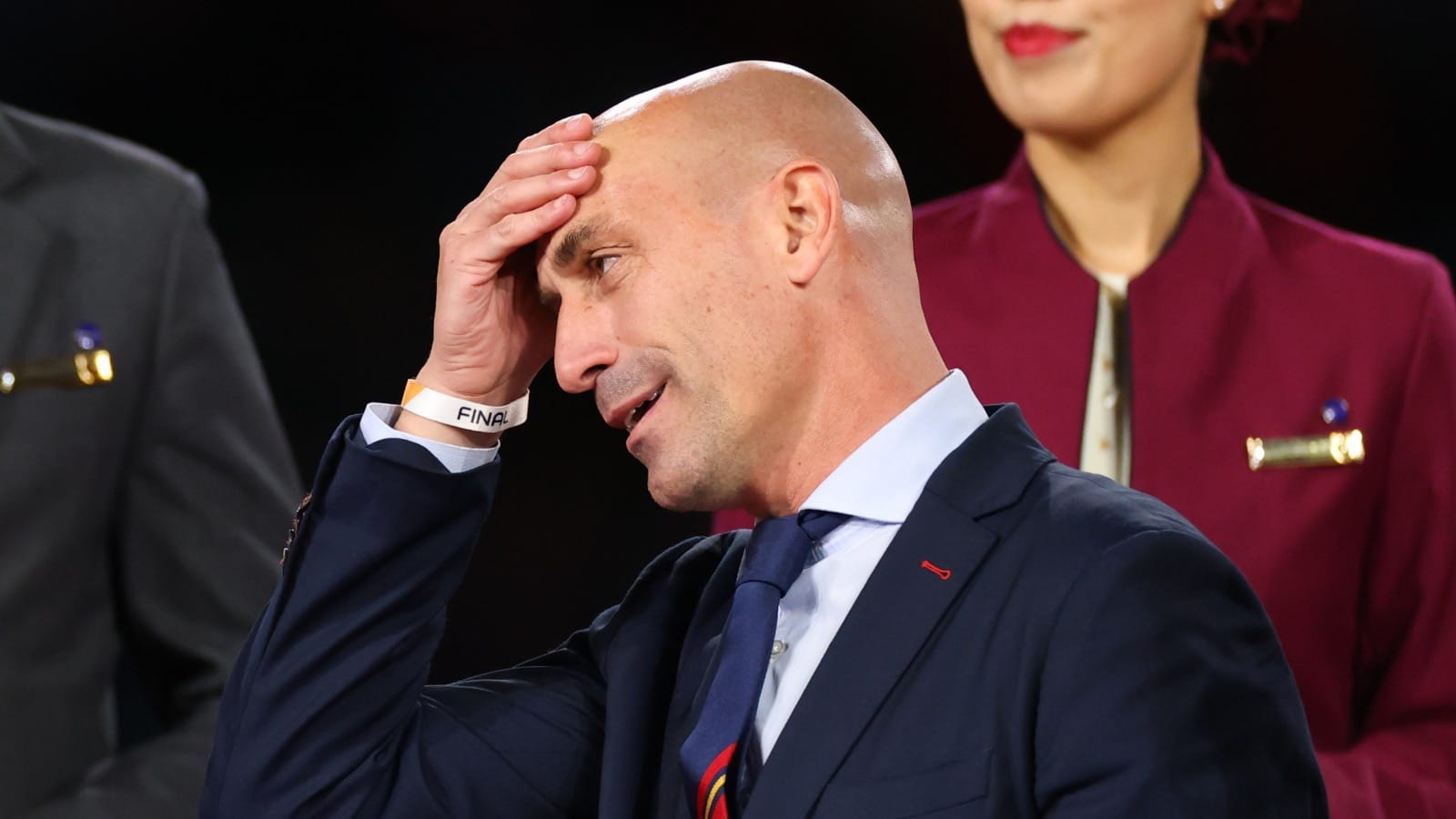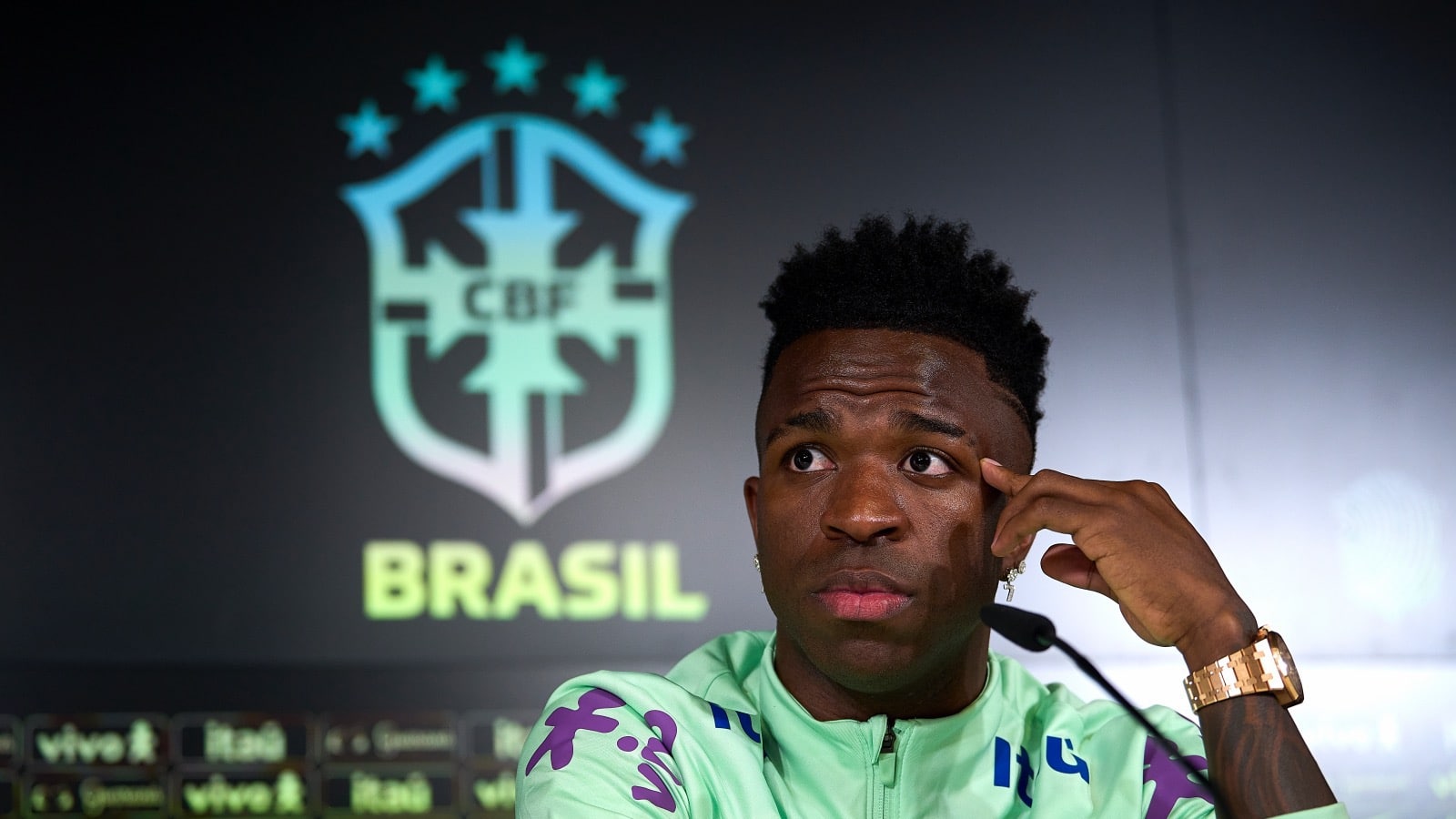
What Is an Own Goal? Your Guide to Soccer’s Unique Scoring Rule
While soccer is largely understandable to any audience — you put the ball into the net without using your hands — there are some unique rules that require a bit of explanation. Take, for instance, an own goal. The term may sound self-explanatory, but there are still some looming questions. What determines if something counts as an own goal? Who gets credited with that unfortunate statistic? The list goes on and on.
If you’re curious about any of those answers, fear not. We’ve got you covered below.
What is an own goal in soccer? Does it still count as a goal?

At the risk of providing an obvious answer, an own goal is when a player puts the ball into their own net, as opposed to the other team’s. It counts for in-match scoring, assuming there’s no offside flag or other violations, but it doesn’t always count for betting purposes.
And, since the goal counts for the scoreline, it has to be credited to a player. While normal goals are given to the attacker, own goals are recorded under the name of a defensive player.
Which defensive player? Let’s address that.
Which player gets credit with an own goal?
So, now that we’ve established what an own goal is, the next concern is who gets that metaphorical black mark on the stat sheet. In this case, it’s a bit different than determining who scored an offensive goal.
While a standard scoring play is credited to the last member of the 11 to touch the ball — if a striker’s shot deflects off a teammate, for example, that teammate is the goal-scorer — own goals are credited to the defensive player who gets the crucial touch on the ball.
Consider this scenario. An attacking winger whips a cross into the box, and a defender tries to head it out of play. He gets his angles wrong, however, and sends the ball toward the net. Even if the goalkeeper gets a hand to it, the own goal will belong to the initial defender.
What determines if a goal is an own goal or not?
If you’ve watched any amount of soccer, you’ve probably heard the commentators wondering if a scoring play would go down as an own goal or not. Should you ever find yourself in the same situation, here’s how that’s determined.
Similar to the guidelines that determine which player is credited with the own goal, the deciding line is whether the initial shot was on target or not. If the effort was on-frame — even if it was going to be saved prior to the defender’s touch — it’s given to the attacking player as a standard goal. Should a deflection put an otherwise off-target shot into the net, it’s an own goal.
Who determines if a goal is an own goal?
So, now that you know what determines whether a play was an own goal or not, who makes the final judgment? In most cases, no special procedure is needed; a simple replay (or a few, if things are particularly tight) is all that’s required to make the call. Sometimes, though, things can be a bit tricky. In those cases, some extra help may be required.
The Premier League, for example, has a Dubious Goals Committee. As laid out in a 2010 Guardian piece, the panel, which meets three-member groups and consists of former players and officials, meets as needed to hand down their ruling.
That setup, however, isn’t the norm. The piece noted, for example, that the Football League allowed each club to name the official goal-scorer when things seemed too close to call.
How common are own goals in soccer?
While goals are generally rare in soccer — the stereotype of dull 0-0 games exists for a reason, after all — own goals are decently common.
Onlinebetting.co.uk has data from the 2014-15 Premier League campaign through the 2018-19 edition available, with an average of 33.8 own goals finding the back of the net each season. The more recent numbers generally match up with that trend. According to the Premier League’s official website, 38 OGs were recorded during the 2020-21 season, with 34 taking place during 2021-22.
Which position and player has scored the most own goals?
As we’ve established, no one wants to score own goals, but they inevitably happen. With that in mind, who’s had the most misfortune over the years?
In a general sense, it’s defenders. As you’d expect, those in the back line are simply exposed to a higher risk of own goals since they’re trying to stop shots in their own penalty area. If you’re an inch short, a perfect block can send the ball skidding into your own net.
On a more specific level, Richard Dunne holds the Premier League record with 10 own goals across his career. As you might expect, he was a defender.
Who gets the blame for own goals? Are they considered the most embarrassing play in soccer?
While this one comes down to personal preference and the specifics of each play, it can be tough to assign the blame for an own goal. Someone always has to be credited with the tally, but that’s not exactly the same as assigning blame. If a goalkeeper dives and makes a save, only for the ball to bounce off the post, hit their back, and trickle into the net, it’s tough to say they’re truly at fault.
Similarly, the circumstances affect how embarrassing an own goal can be. There’s a big difference between the goalkeeper essentially dropping the ball into his own net, like Hugo Lloris did in the above clip, and a simple case of bad luck.
An own goal is when a defending player puts the ball into their own net.
The determining factor is the direction of the initial shot. If the effort was on target, the shooter is credited with a goal, even if a deflection took it past the keeper. If the shot was off target and a touch puts it into the net, then it’s an own goal.
The own goal is credited to the defender who got the crucial touch and sent the ball toward the net. So, if an off-target shot is deflected on goal, it’s credited to that initial defender, even if the keeper gets a fingertip to the ball.



